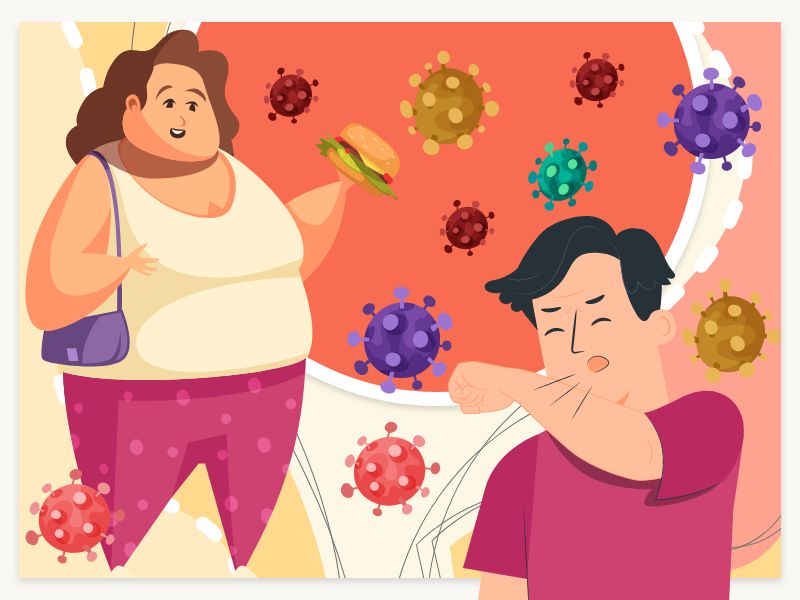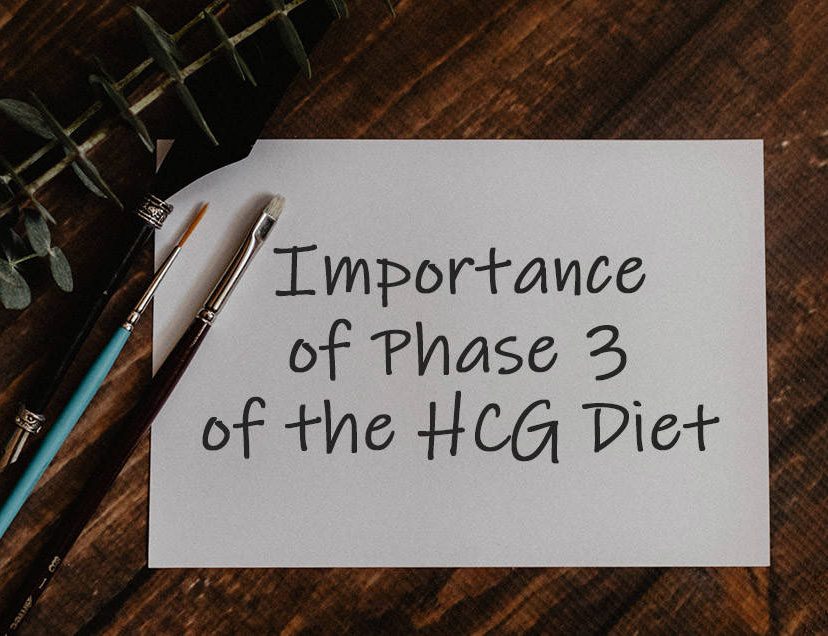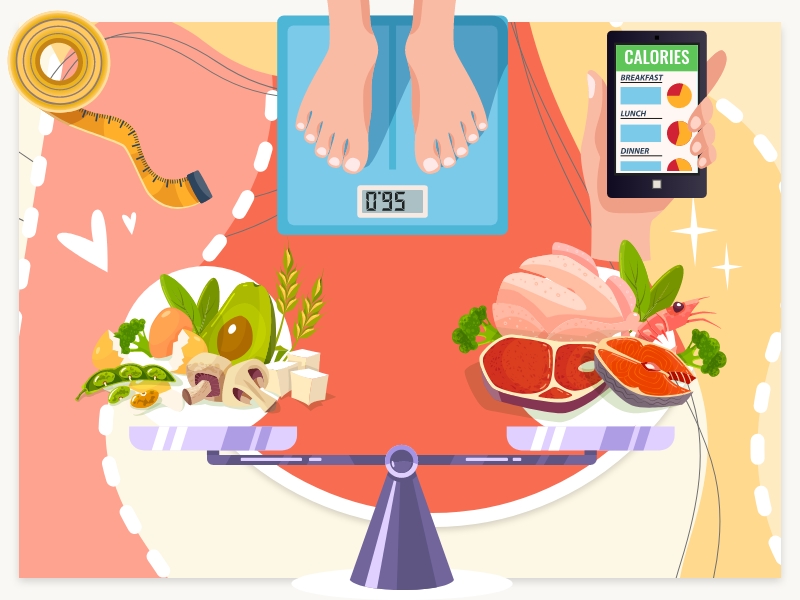Incorporating Delicious Vegetables into Your HCG Diet Journey
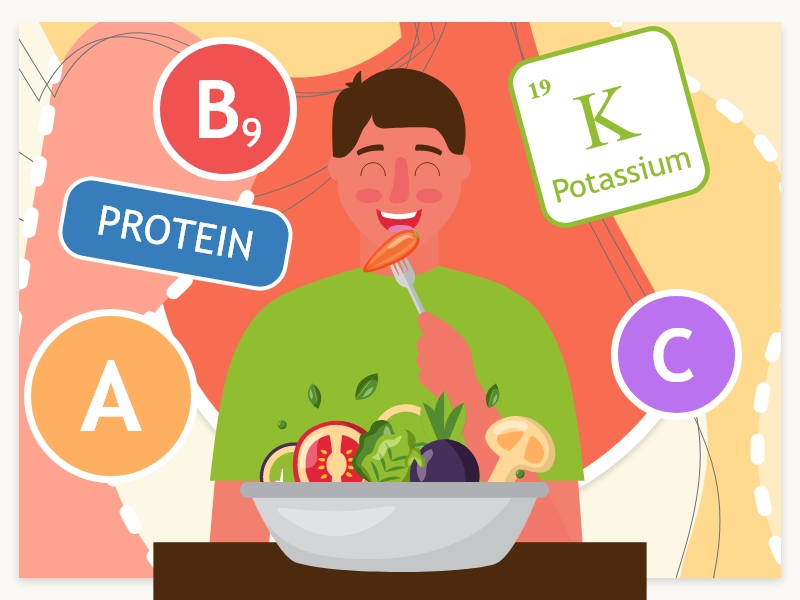
Are you following the HCG diet and looking for creative ways to include more vegetables in your meals?
Look no further! We have some fantastic ideas to help you make the most of your HCG diet while enjoying a variety of flavorful and nutrient-rich vegetables.
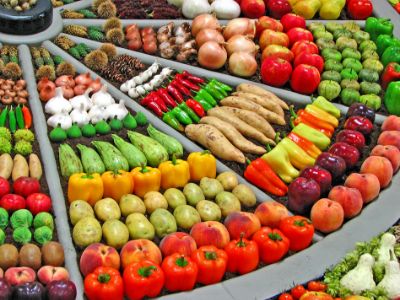
Why Focus on Vegetables?
Vegetables are a powerhouse of essential nutrients, fiber, and antioxidants that are crucial for a healthy body and successful weight loss.
Incorporating a wide range of vegetables into your HCG diet plan can provide numerous benefits, such as:
- Low in calories: Most vegetables are naturally low in calories. This allows you to enjoy a generous portion without worrying about excessive calorie intake.
- High in fiber: Vegetables are packed with dietary fiber. This can aid in digestion and promotes a feeling of fullness. It also helps supports healthy bowel movements.
- Rich in vitamins and minerals: Vegetables are abundant sources of essential vitamins and minerals, contributing to overall health and vitality.
- Nutrient density: Vegetables offer a wide array of nutrients while being low in unhealthy fats and added sugars.
- Variety of flavors and textures: With an extensive range of vegetables available, you can experiment with different flavors and textures to keep your meals exciting and satisfying.
Ways to Add Vegetables into the HCG Diet
Now that we understand the importance of vegetables, let’s explore some practical ways to incorporate them into your HCG diet.
-
Make Veggie-Packed Salads
- Start your meal with a refreshing and nutrient-packed salad. Load it up with colorful vegetables like leafy greens, cherry tomatoes, cucumber, bell peppers, and radishes.
- Enhance the flavor with herbs, spices, and a light dressing made from vinegar, lemon juice, or a small amount of olive oil.
-
Sautéed and Stir-Fried Veggies
- Heat a non-stick pan and sauté a variety of vegetables like broccoli, zucchini, mushrooms, and snow peas with a touch of garlic and a splash of vegetable broth.
- Stir-frying is another great option. Combine veggies like bell peppers, carrots, snap peas, and bok choy with a dash of low-sodium soy sauce or coconut aminos for a flavorful and quick dish.
-
Veggie Noodles and Rice Substitutes
- Replace traditional pasta with spiralized zucchini or spaghetti squash for a low-carb and veggie-packed alternative. Top it with your favorite marinara sauce or a light homemade dressing.
- Cauliflower rice is an excellent substitute for regular rice. Simply pulse cauliflower florets in a food processor until they resemble rice grains. Sauté the cauliflower rice with some garlic and spices for a tasty side dish.

-
-
Roasted Veggie Delights
-
- Roasting vegetables brings out their natural sweetness and adds a delicious caramelized flavor. Try roasting vegetables like Brussels sprouts, cauliflower, eggplant, or asparagus with a drizzle of olive oil and your choice of herbs and spices.
-
Veggie Snacks and Appetizers
- Cut up raw vegetables like bell peppers, carrots, celery, and cucumbers into sticks and pair them with a light and refreshing dip made from Greek yogurt or hummus.
- Bake or air-fry vegetable chips using thinly sliced zucchini, kale, or beetroot for a crunchy and guilt-free snack.
-
Veggie Soups and Stews
- Prepare comforting and filling soups by blending vegetables like butternut squash, tomato, or cauliflower with herbs and spices. Opt for vegetable broth as the base to keep it low in calories and rich in flavor.
-
Veggie Wraps and Lettuce Cups
- Swap traditional tortilla wraps with large lettuce leaves. Fill them with a variety of grilled vegetables, lean proteins, and a flavorful sauce for a light and satisfying meal.
Remember, the HCG diet focuses on reducing bad carbs and embracing healthier options. Vegetables are the perfect way to achieve this goal while keeping your taste buds happy and your body nourished.
Incorporating vegetables into your HCG diet plan is not only beneficial for weight loss but also promotes overall wellness.
Experiment with different vegetables, flavors, and cooking methods to find what suits your taste and preferences. Don’t hesitate to get creative and enjoy the abundance of nature’s goodness on your plate!

